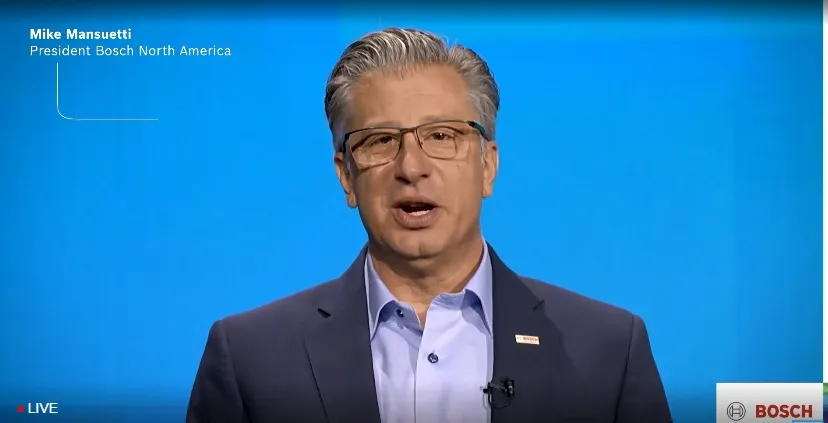Bosch has launched its new 48-volt battery for hybrids which is designed to save fuel and reduce C02 emissions.The installation of the lithium-ion battery is designed for both compact cards, mini and microcards as well. The company claims that the inexpensive solution is due to the product design, as the battery requires no active cooling and its housing is made of plastic instead of metal, which also aims to bring costs down. Bosch’s engineers have designed the product so that the plastic housing can with
February 1, 2018
Read time: 1 min
The company claims that the inexpensive solution is due to the product design, as the battery requires no active cooling and its housing is made of plastic instead of metal, which also aims to bring costs down. Bosch’s engineers have designed the product so that the plastic housing can withstand the pressure of the lithiun-ion cells expanding when the battery is charging over the course of the unit’s service life.
Production for the battery is scheduled to start late 2018.









